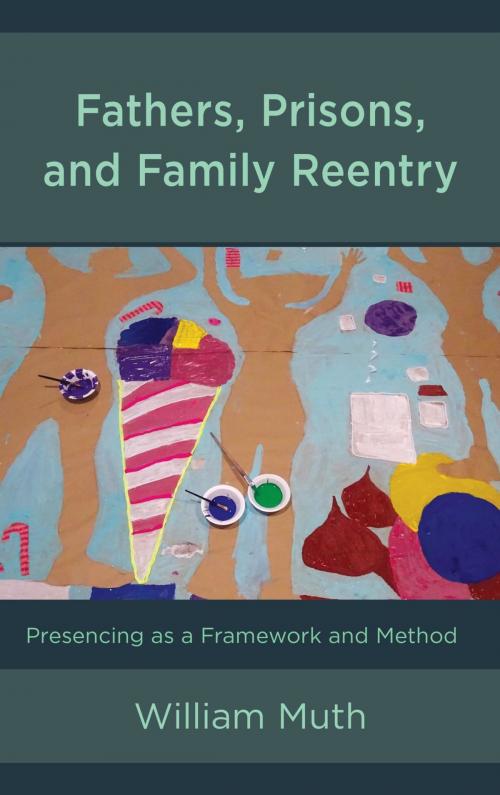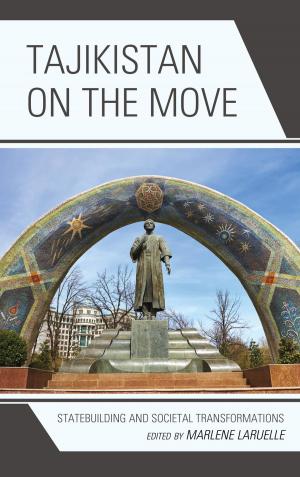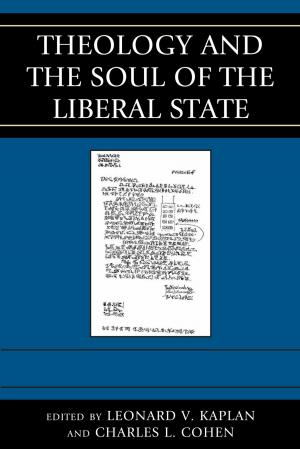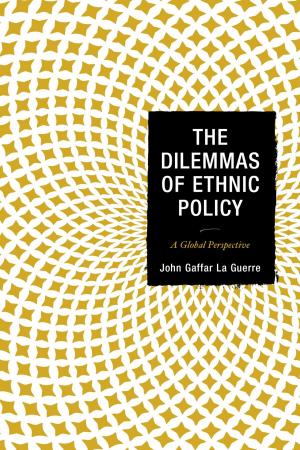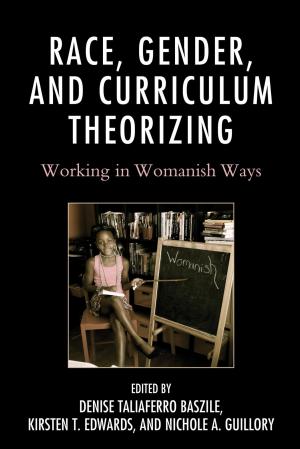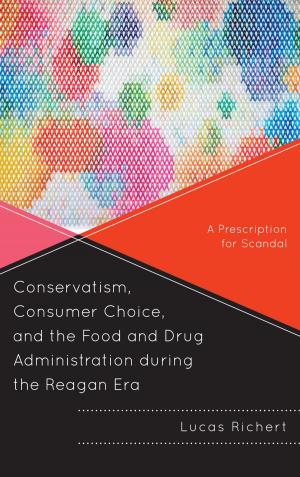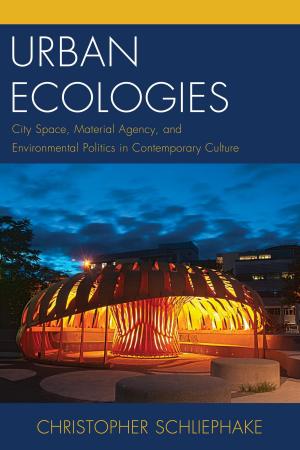Fathers, Prisons, and Family Reentry
Presencing as a Framework and Method
Nonfiction, Social & Cultural Studies, Social Science, Crimes & Criminals, Criminology, Cultural Studies, African-American Studies| Author: | William Muth | ISBN: | 9781498547796 |
| Publisher: | Lexington Books | Publication: | October 15, 2018 |
| Imprint: | Lexington Books | Language: | English |
| Author: | William Muth |
| ISBN: | 9781498547796 |
| Publisher: | Lexington Books |
| Publication: | October 15, 2018 |
| Imprint: | Lexington Books |
| Language: | English |
Fathers, Prisons, and Family Reentry: Presencing as a Framework and Method asks scholars, policy makers, advocates, and practitioners to rethink family reentry in a new light, to seek to understand both the urgent and intolerable loss as well as the real and present potential of families. There are almost one million parents of minor-aged children currently serving time in U.S. prisons—most of them fathers. Based on post-phenomenological analyses, William Muth offers a new framework for conceptualizing family reentry as a present phenomenon. It seeks to reveal the intense ways incarcerated fathers and their families live their present-absence, and draws on these intensities to define a new role for researchers and practitioners: nurturing the potential of families in the here and now. The current situation is intolerable. A credible family reentry approach is urgently needed. This book is an attempt to address these families as they potentially are, and might become, if we would be willing to “meet them half-way,” in the words of the poet Alice Fulton.
Fathers, Prisons, and Family Reentry: Presencing as a Framework and Method asks scholars, policy makers, advocates, and practitioners to rethink family reentry in a new light, to seek to understand both the urgent and intolerable loss as well as the real and present potential of families. There are almost one million parents of minor-aged children currently serving time in U.S. prisons—most of them fathers. Based on post-phenomenological analyses, William Muth offers a new framework for conceptualizing family reentry as a present phenomenon. It seeks to reveal the intense ways incarcerated fathers and their families live their present-absence, and draws on these intensities to define a new role for researchers and practitioners: nurturing the potential of families in the here and now. The current situation is intolerable. A credible family reentry approach is urgently needed. This book is an attempt to address these families as they potentially are, and might become, if we would be willing to “meet them half-way,” in the words of the poet Alice Fulton.
